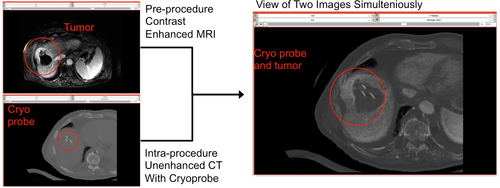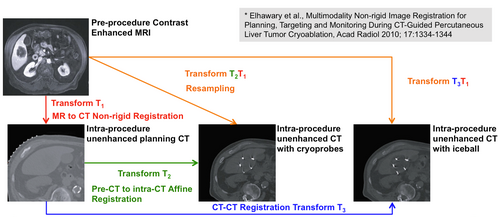Non-rigid MR-CT Image Registration
Contents
Non-rigid MR-CT Image Registration Tutorial
Overview
Shape analysis has become of increasing interest to the medical community due to its potential to precisely locate morphological changes between healthy and pathological structures. SPHARM-PDM is a tool that computes point-based models using a parametric boundary description for the computing of Shape analysis. The point-based models computed with the SPHARM-PDM tool can be used in combination with the also UNC designed statistical tool shapeAnalysisMANCOVA to perform quantitative morphological assessment of structural changes at specific locations.
- Step by step analysis: With the ShapeAnalysisModule tutorial,you will learn how to load input volumes, run the module to generate triangulated surfaces with inherent correspondences and visualize them thanks to an intuitive quality control. Indeed,compared with previous versions, the ParticleModule is now part of ShapeAnaysisModule.
Tutorials
Non-rigid MR-CT Image Registration Module tutorial : to perform MR-CT and CT-CT image registration [ppt] [pdf]
Software
Slicer3 External modules -including BatchMake Description files
Tutorial materials
ShapeAnalysisModule data :
- Link to NITRC
- or directly here : ShapeAnalysisModuleTutorialData_TutorialContestSummer2011.zip
Complementary documentation
- Joshua Cates, Manasi Datar, P Thomas Fletcher and Ross Whitaker, ShapeWorksManual
- Martin Styner, Ipek Oguz, Shun Xu, Christian Brechb¨hler, Dimitrios Pantazis, Guido Gerig, Statistical Shape Analysis of Brain Structures using SPHARM-PDM
People
Atsushi Yamada
Dominik S. Meier
Nobuhiko Hata

